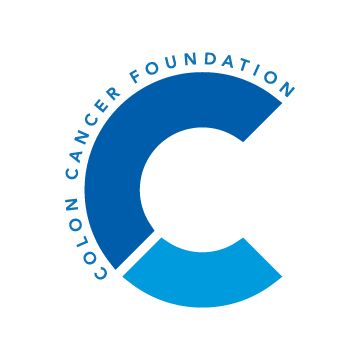
Earlier Colonoscopies Could Prevent, Down-Stage Early-Onset Colorectal Cancer

Surveillance guidelines for hereditary colorectal cancer may be more effective in preventing the disease compared with those intended for individuals with a family history.
Surveillance guidelines for hereditary colorectal cancer may be more effective in reducing risk compared with those intended for individuals with a family history in patients with early-age onset disease, according to results from the Ohio Colorectal Cancer Prevention Initiative (OCCPI).
“The question is, would these (cases) have been prevented if they knew about (hereditary risk and family history) before diagnosis?” Heather Hampel, from The Ohio State University Comprehensive Cancer Center, said during a presentation at the 2019 Early Age Onset Colorectal Cancer Summit.
In the OCCPI study, researchers enrolled 3,319 patients diagnosed with a primary invasive colorectal adenocarcinoma with surgical resection between Jan. 1, 2013 through Dec. 31, 2016. In total, 450 patients were younger than 50 years to formulate a subset of the study. Group one was comprised of 56 patients with deficient mismatch repair disease, while group two included 402 patients with proficient mismatch repair disease and one patient with hypermethylated CRC.
One in eight patients (16%) had at least one hereditary cancer syndrome, one in 11 had Lynch Syndrome and one of 15 had another hereditary cancer syndrome.
In total, 44% of patients with early-onset colorectal cancer were preventable by learning of family history and utilizing earlier, increased screening.
By the end of the study, the researchers had 718 patients with complete testing who were diagnosed with colorectal cancer before the age of 50, of which 148 (20.6%) were unique high-risk individuals. Eighty-three (11.6%) had a pathogenic variant and 98 (13.6%) had a first-degree relative with colon cancer, with 33 patients who had both — all of which have colon cancer guidelines in the National Comprehensive Cancer Network. For analysis purposed, the researchers compared the 83 patients with a pathogenic variant with 65 a first-degree relative with colorectal cancer.
“We looked at what age they would have been recommended to start their colonoscopies and what age they were diagnosed with their colon cancer, and if they would have started their colonoscopies more than five years prior to their diagnosis of colon cancer, we would consider that diagnosis potentially preventable,” Hampel explained. “If they would have started their colonoscopies between one to five years prior to their diagnosis of colon cancer, we considered it (to be) potentially down-staged, but not preventable.”
In the hereditary colorectal cancer risk group, 82 (98.8%) would have initiated surveillance prior to diagnosis, of which 79 patients could have potentially prevented their disease and three (3.6%) could have down-staged it. Only one patient could not have prevented or down-staged their disease. “This means if you knew you had Lynch Syndrome at 20 years old, we could keep you from getting colon cancer,” Hampel said.
In the family history group, 53 (81.5%) would have initiated surveillance prior to diagnosis, including 37 (56.9%) who would have potentially prevented their disease and 16 (24.6%) who could have been down-staged. Twelve patients would have neither been prevented or could have down-staged their disease.
“Should patients with a family history move down to (screening at age) 35?” Hampel questioned.
The researchers found that if family history guidelines were initiated at maximum age of 35 years, compared with 40 years, the results would change significantly: 51 patients (78.5%) would prevent their disease if screened at age 35 compared with 37 (56.9%) at age 40. In addition, six patients (9.2%) would have begun surveillance within five years of their diagnosis and 60 (92.3%) who could have prevented or down-staged their colorectal cancer.
The researchers then compared these patients if they would have followed the new American Cancer Society’s screening guidelines of initiating colonoscopies at age 45. With this, none of the cancers would have been prevented and only 236 (41.4%) could have been down-staged.
“Overall, 16% of patients with early-onset colorectal cancer would have either prevented or down-staged their cancer if they knew about the genetic risk or first-degree relative, and been told the proper screening guidelines and followed them,” Hampel said.




